Binge Drinking Linked to First Episodes of Heart Rhythm Disorder
Binge drinking can lead to more ER visits and first episodes of a serious heart condition, new UCSF study reports.
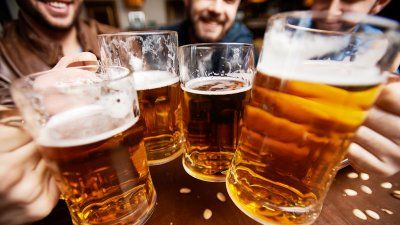
University of California San Francisco
Give to UCSFBinge drinking can lead to more ER visits and first episodes of a serious heart condition, new UCSF study reports.

Human vocal sounds have the same rhythmic quality as the sounds made by many mammals, songbirds, and even some species of fish. UCSF researchers have found the brainstem circuit responsible, and it's connected breath control.
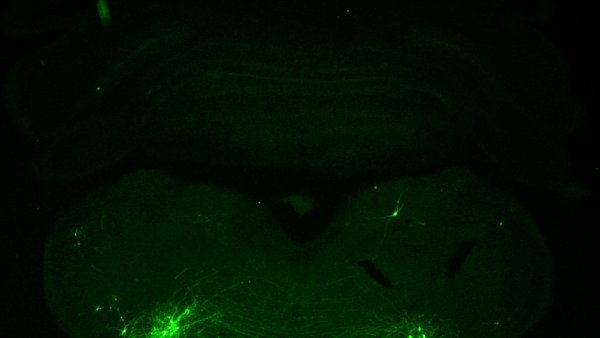
UCSF researchers show how physical activity protects cognition by altering brain chemistry that maintains synapses, especially for the elderly.
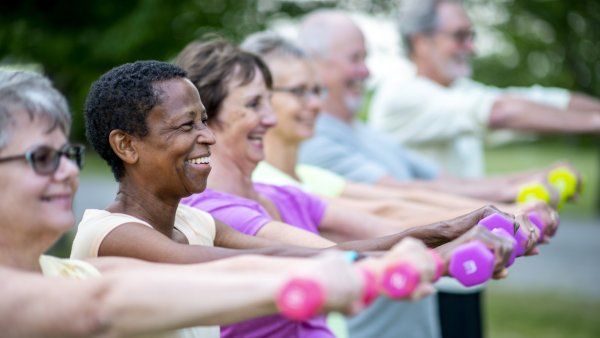
UCSF researchers found that cancers from different parts of the body are immunologically similar to one another. They described 12 classes of "immune archetypes" to classify cancer tumors, which can provide unique strategies for enhancing patients’ choice of cancer immunotherapies.
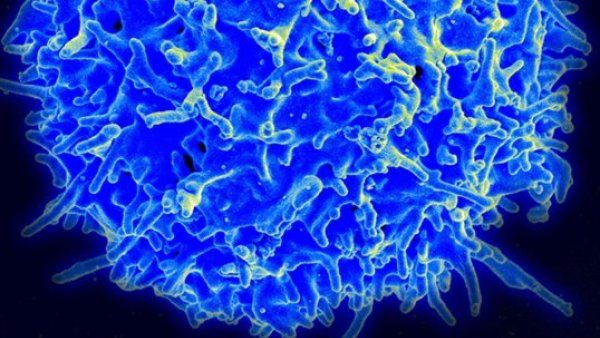
Brain maps and developmental outcomes differ greatly in newborns with two of the most common brain injury types, which may have implications for early intervention.
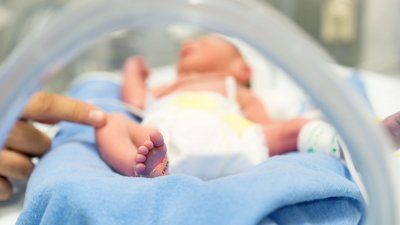
A new study led by scientists at UCSF's Quantitative Biosciences Institute and University College London found that the Alpha variant of SARS-CoV-2 ramped up production of a protein that it uses to stifle infected cells’ immune-stimulating signals, helping it evade immune detection and accelerate its transmission.
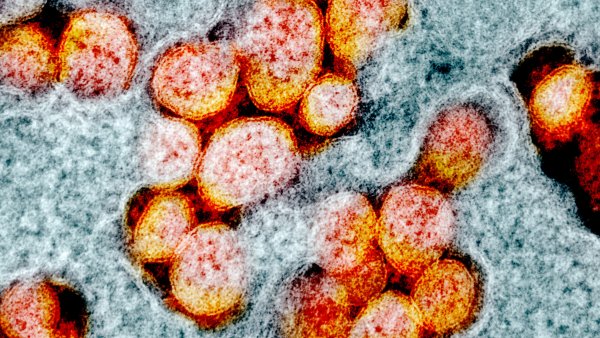
There is some information that is known about the variant and other information that sti
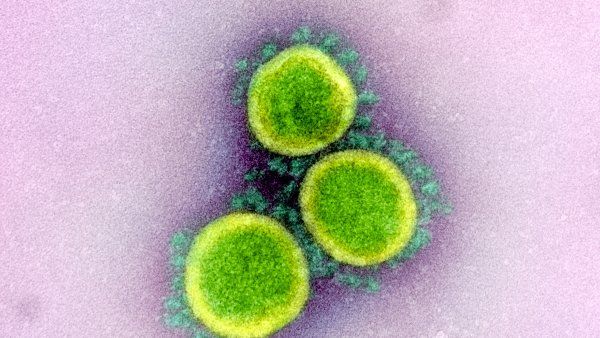
A natural language processing study parses doctor-patient communication at an unprecedented scale and offers new ways to help doctors communicate with their patients.

The conceptual images are being released to coincide with the project’s Draft Environmental Impact Report (DEIR), which opened a 60-day public comment period on Dec. 16, 2021.
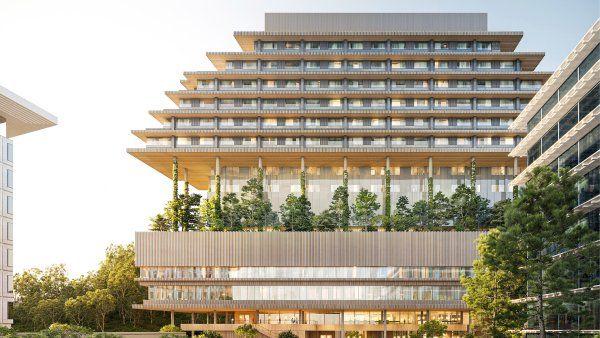
An anonymous $2 million gift will support Benioff Children's Hospital Oakland's growing sickle cell program.
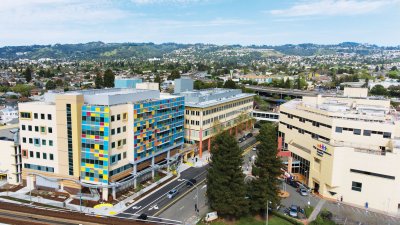
A UCSF study finds that race-based equations may mean Black patients' lung disease can be underdiagnosed and classified as moderate disease in more severe cases.
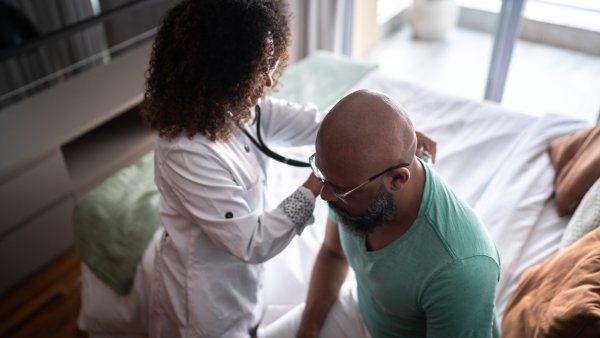
A UCSF study finds that a digital version of cognitive behavioral therapy (dCBT) for prenatal insomnia may prevent postpartum depression

COVID-19 vaccines for our communities. A Nobel Prize. Scientific breakthroughs and advancements in patient care. Innovation in education. While it has been a challenging year, there are many examples of what makes UCSF a special place. Take a moment to reflect on some of the moments from this past year that exemplify what we do.
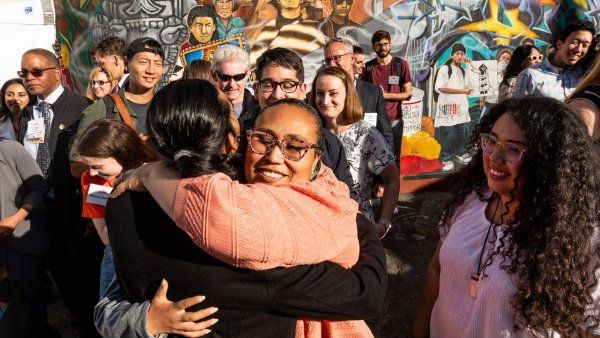
Arc investigators will include faculty at UCSF, UC Berkeley, and Stanford, as well as graduate students in these universities pursuing PhD studies at Arc labs.
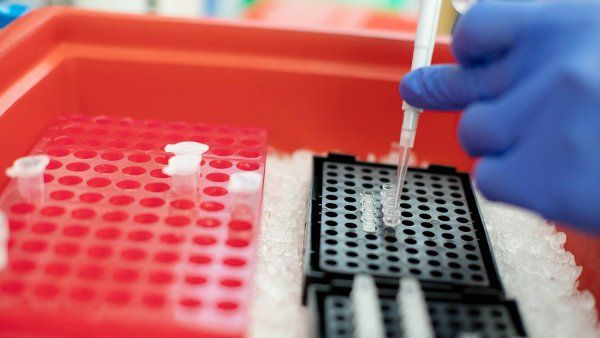
Does your rambunctious teen seem like an animal? You may be on to something. Harvard evolutionary biologist Barbara Natterson-Horowitz, MD ’87, and science writer Kathryn Bowers reveal startling similarities between humans and animals in young adulthood.
See the story behind the first and only women’s sports medicine center on the West Coast. Learn how the center’s physicians – all athletes – are helping women and girls, from weekend warriors to pros, optimize their performance and heal from injuries.
UCSF alum Jenny Qi, PhD ’17, shares a poem from her first book, Focal Point
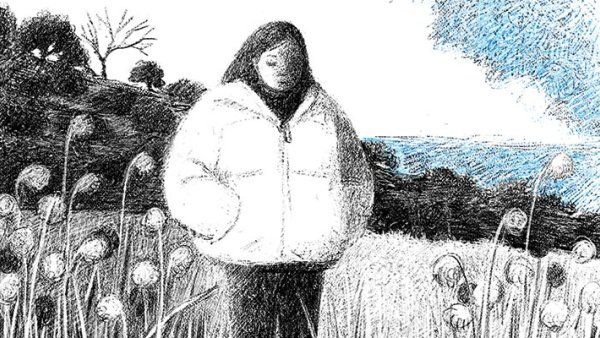
Explore the power of psychedelic therapy to treat the ailing human mind with international expert Carhart-Harris, who joined UCSF in 2021 as the Metzner Distinguished Professor and director of the new Neuroscape Psychedelics Division. Discover what his comparison of psilocybin with an antidepressant revealed on the Aug. 19 episode.
A “help each other” mindset drew Madalene Mandap to Anchorage and the Southcentral Foundation.